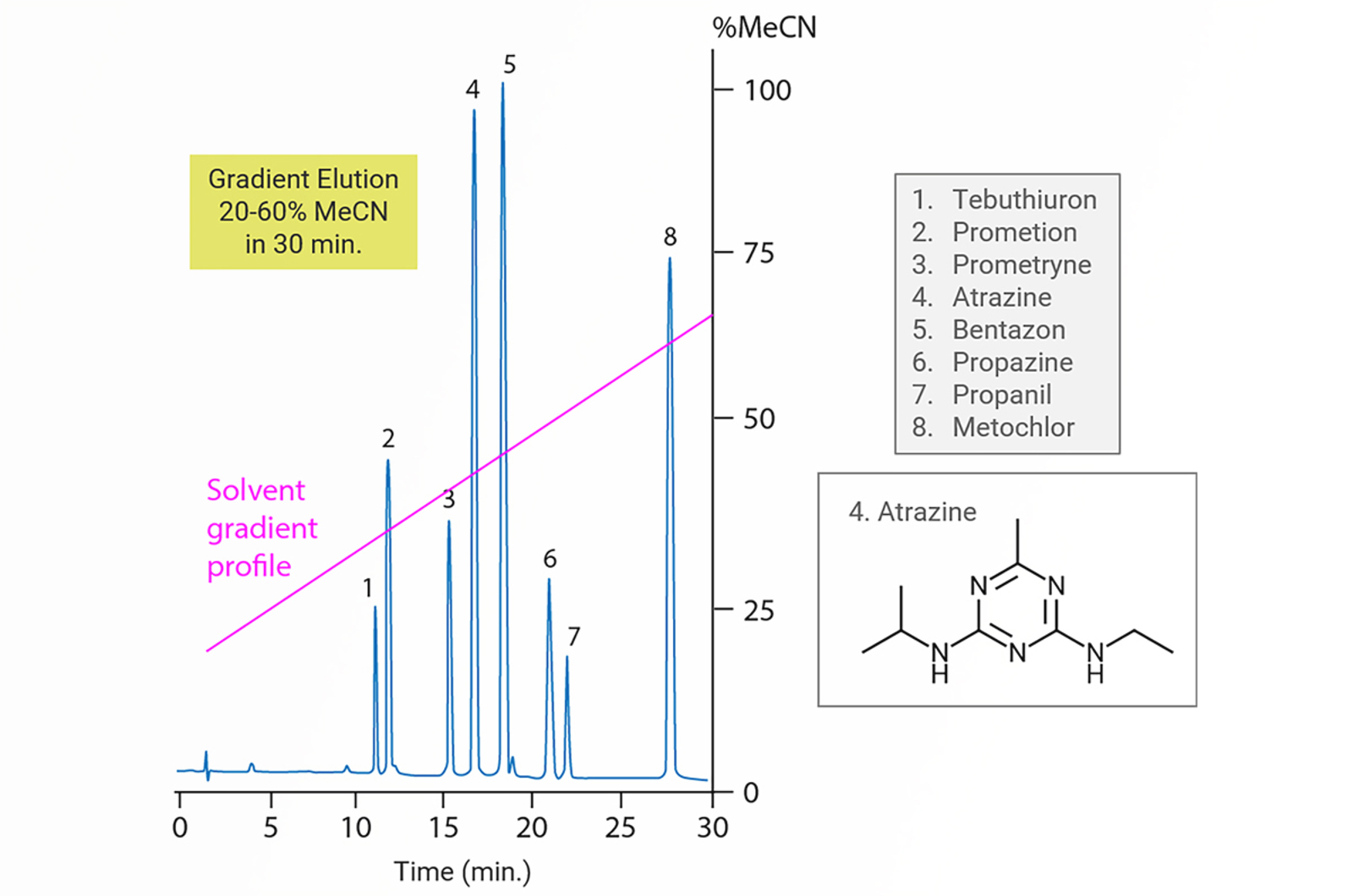Fundamental Reversed Phase HPLC Theory
A learning path on fundamental reversed-phase HPLC theory covers retention mechanisms, hydrophobic interactions, and mobile phase composition (water/organic ratio, pH, buffers). It includes column chemistry (C18, C8), gradient vs. isocratic elution, and method optimization. Practical strategies focus on selectivity, resolution, and robustness for efficient chromatographic separations.
4 Modules 1 Video
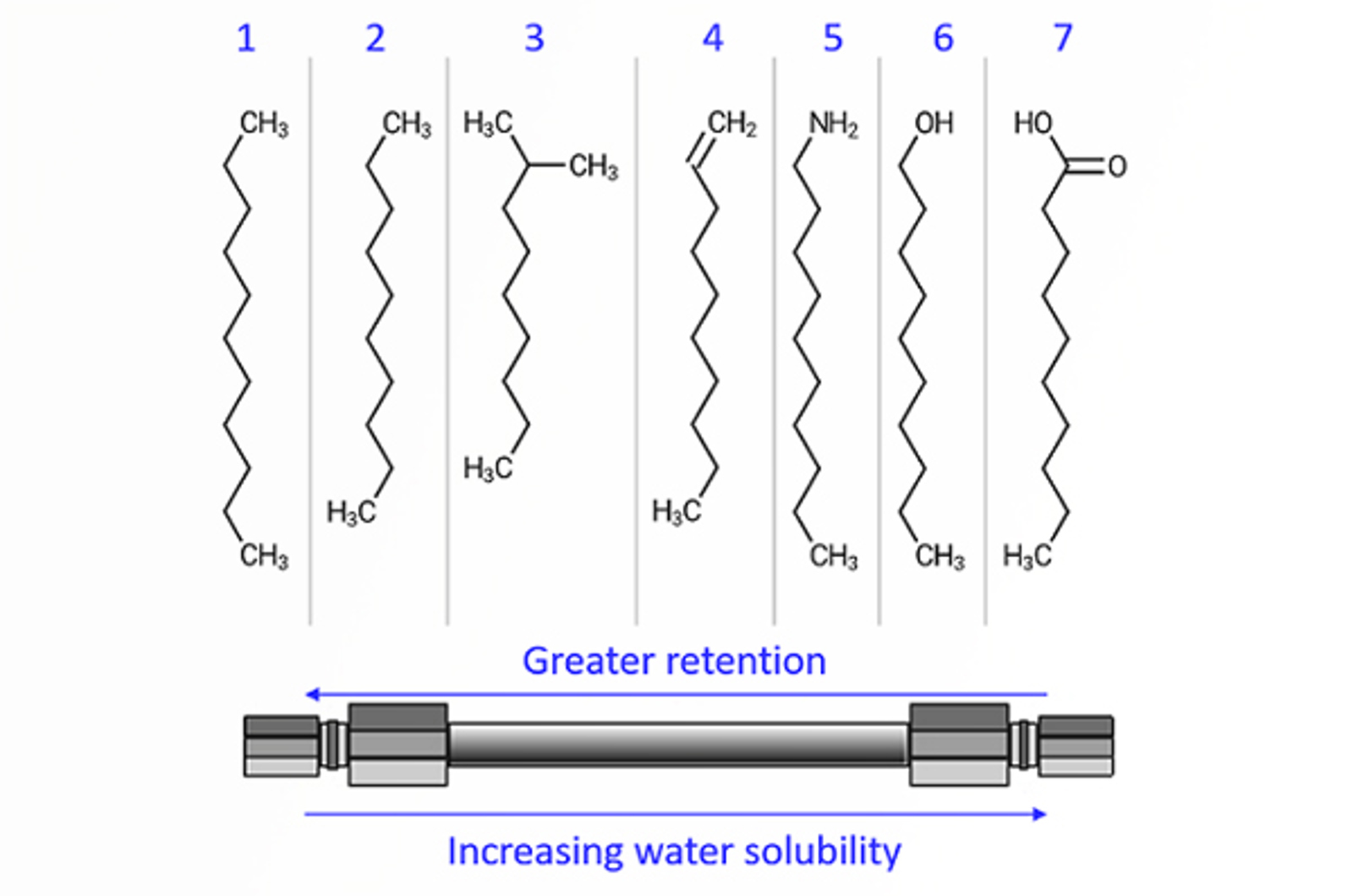
5 Items
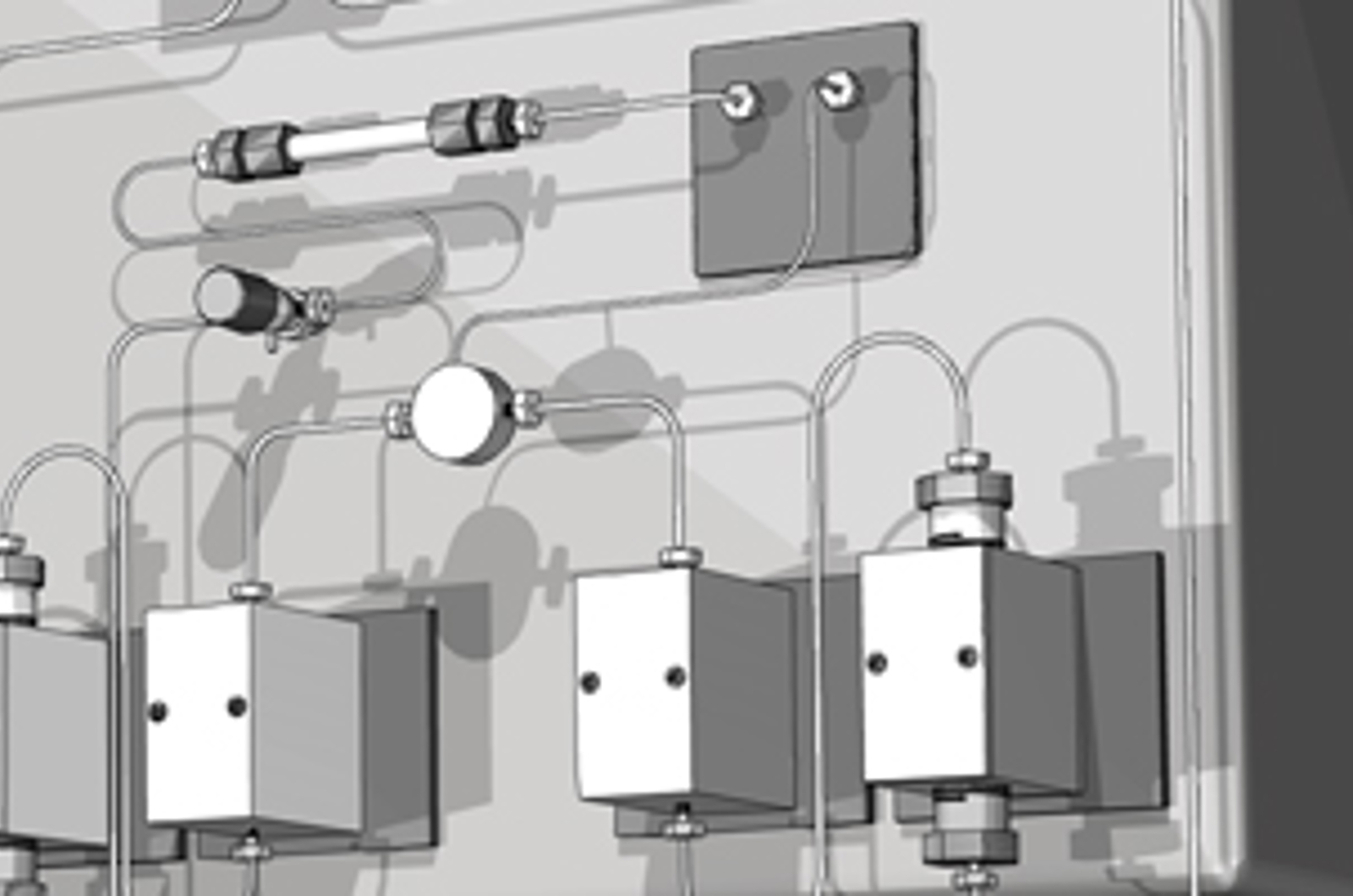
Fundamentals of HPLC Video Training Course
This course has been designed for novice HPLC users and those who have some experience of running HPLC methods.
Accredited by 
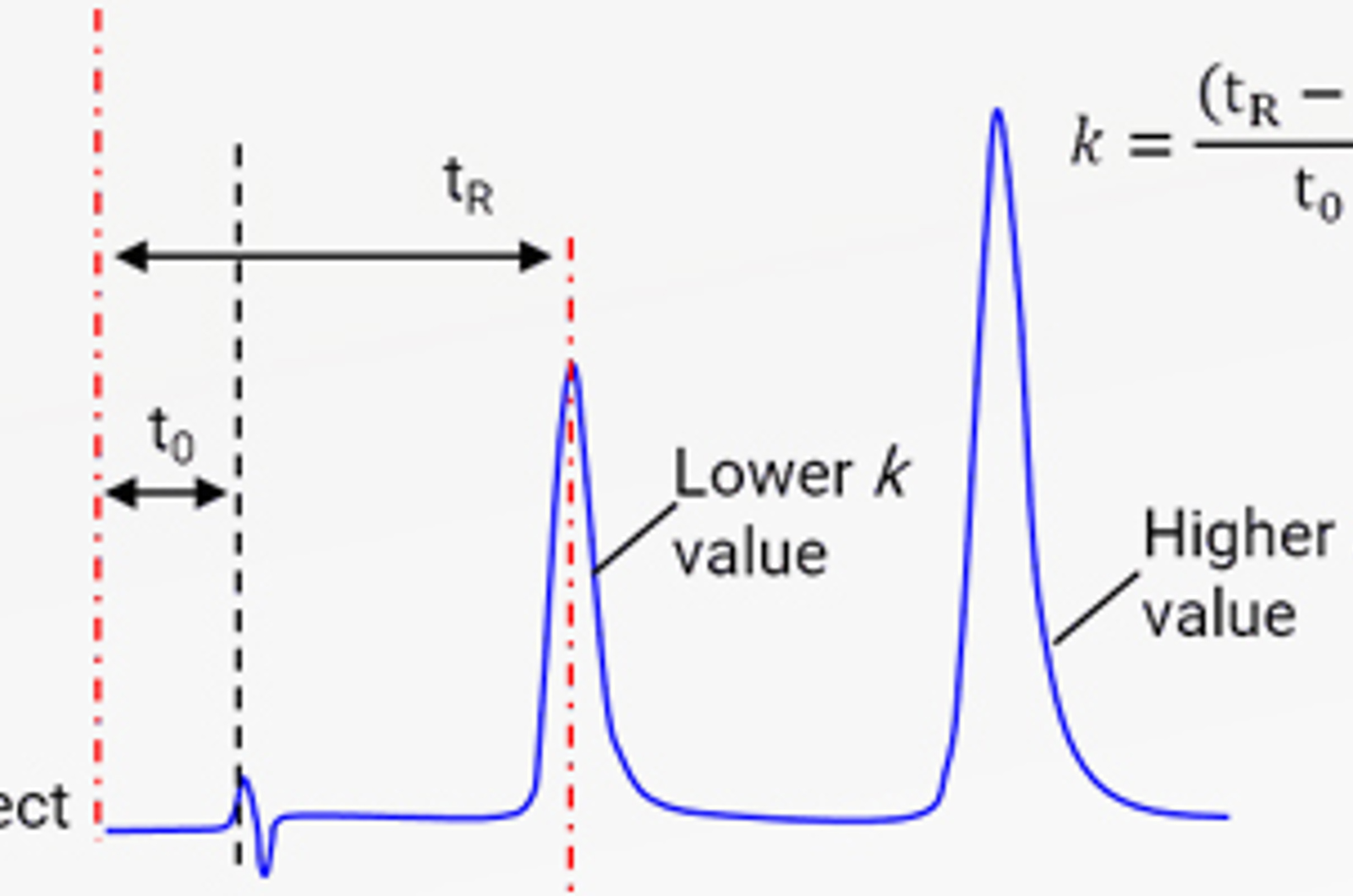
HPLC Chromatographic Parameters
The aim of this module is to introduce and explain the concept of chromatographic resolution. The resolution equation will be defined and its dependence on the chromatographic parameters retention factor, selectivity, and efficiency illustrated.
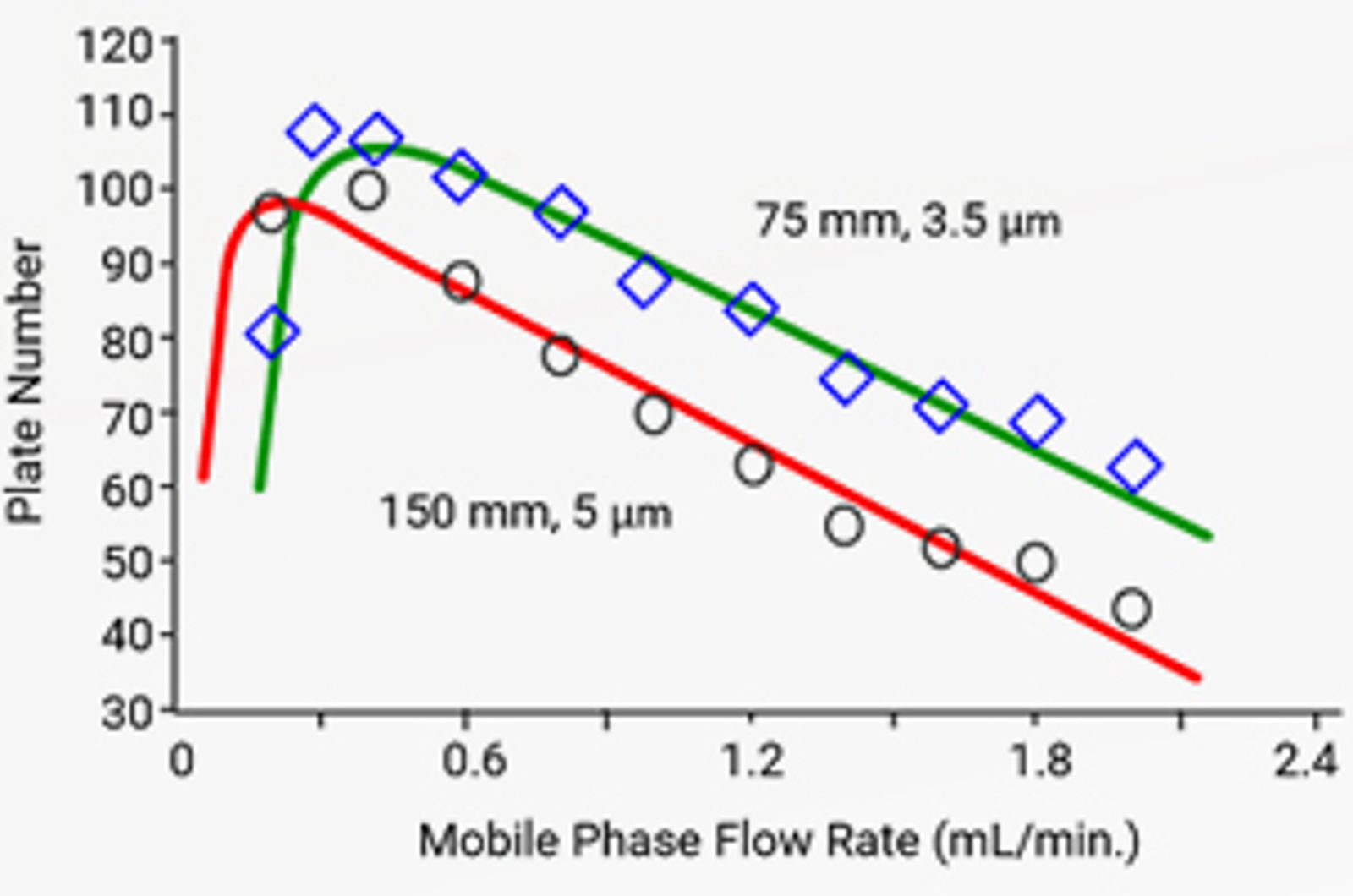
HPLC Column Chemistry
The aim of this module is to introduce silica as a major stationary phase support for reversed phase HPLC separations and for normal phase applications. The use of bonded phases in various chromatographic applications, and the influence of surface silica silanol groups on chromatographic separations is illustrated. Modern bonded phases that give an advantage to today’s chromatographer are introduced.

